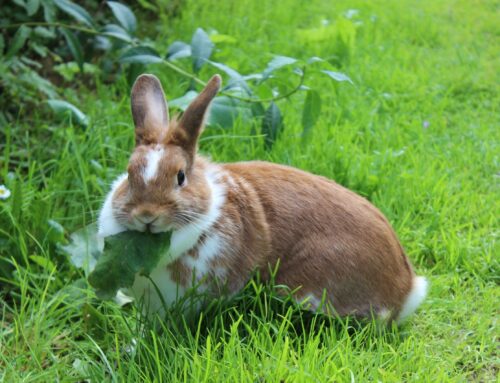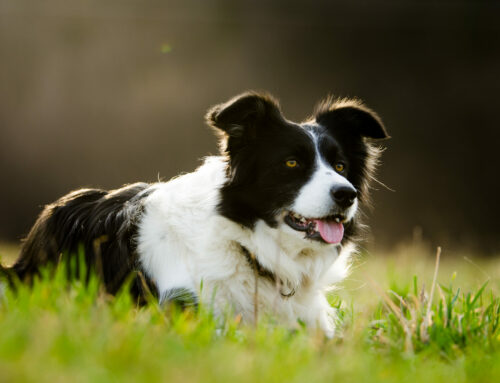The last thing you want is for your dog to be plagued by fleas or ticks; they’re bad for your dog, bad for your home, and bad for you! Let’s review ways to prevent these nasty critters from annoying your pet.
-
Fleas
Who’s at risk?
Interestingly, the cat flea (Ctenocephalides felis) is the most common flea on dogs AND cats. All dogs and cats without regular flea treatment are at risk; as is your home! These long-named unwanted friends can infect humans.
Why are they bad?
Fleas love your dog, but not the way that you do! The adults will hop aboard an unsuspecting pooch, feed on its blood, and then make a home in your upholstery. They can cause itching, allergy and, in really high burdens, anaemia from blood loss. They can be very hard to spot, but usually your dog scratching and nibbling at himself will be a give-away sign.
Prevention:
It used to be shampoos and collars were the mainstay of treatment. Now, you can use “spot-on” prevention; a small drop of liquid on the back of your dog’s neck can provide effective prevention of fleas – amazing! There are also some very effective modern flea-tablets that can last for months – talk to one of our vets to decide what’s best for your pooch. A range of different vet-only and prescription medicines are available from us.
What not to give…
Some websites advocate natural remedies for fleas; always consult with us prior to using these, especially as some methods are actually toxic to dogs, such as the use of garlic. Never, ever use spot-on treatments for dogs on your cat; these sometimes contain a family of medicines called pyrethrins which cats are incredibly sensitive to; great (and safe) for dogs, but toxic for cats. In cats, it causes intense neurological disturbances and even death. If you have both dogs and cats in your home (lucky you!), be sure to keep them separated following administration of a canine spot-on until it has dried, for safety.
-
Ticks
Who’s at risk?
Hikers and nature-lovers of the four and two-legged variety! Adult ticks tend to dwell in long grass, unkept areas of grassland and shrubbery and forests. Long-coated dogs are at an increased risk of tick-borne diseases, purely due to how difficult it can be to spot these terrible ticks in a long coat, so be extra vigilant about checking over Fido following a frolic in the fields.
Why are they bad?
Ticks are blood-feeders and an unpleasant presence for your dog. They carry diseases such as Lyme’s disease and, a newcomer to the UK, Babesiosis. If your dog has been carrying ticks, it is advisable to contact us as soon as possible, as the prevalence of the disease is variable in different regions of the UK.
Prevention
Adult ticks love to lurk in long grass and shrubs; it’s great if your dog is an avid explorer, but be sure to give your dog a thorough check from nose to tail after a walk. Their round, black bodies can be seen on your dog’s skin (they bury their face into the skin in order to suck blood). They can be up to 1cm long, and you are looking for something about the size of a pea. Practice regularly, and work on developing a nose-tail examination (I’m sure Rover will appreciate what he thinks is just a thorough petting session!). You can purchase tick-removers can be purchased from shops for the outdoors; remember, you can get them too! Do not hesitate to contact us if you are worried about removing a tick, or your dog’s exposure to ticks.
There is now a prescription-only pill to treat both fleas and ticks, and can provide protection for up to 12 weeks; if your dog is OK with tablets, this can be an effective way to prevent both of these ecto (external) parasites. If you cannot administer the tablet yourself (or hide it in his food!), do not hesitate to ask us for help – it’s astounding how quickly nurses can convince unwilling dogs that the tablet is actually something Fido might quite enjoy!
What not to do…
I have heard it suggested that you can burn ticks out – this, of course, is not recommended.
As summer continues to hint that it’s making an appearance, I wish you and your four legged friends many happy walks in the sunshine, free from any unwanted passengers!
“When the Man waked up he said, ‘What is Wild Dog doing here?’ And the Woman said, ‘His name is not Wild Dog any more, but the First Friend, because he will be our friend for always and always and always.’” – Rudyard Kipling



